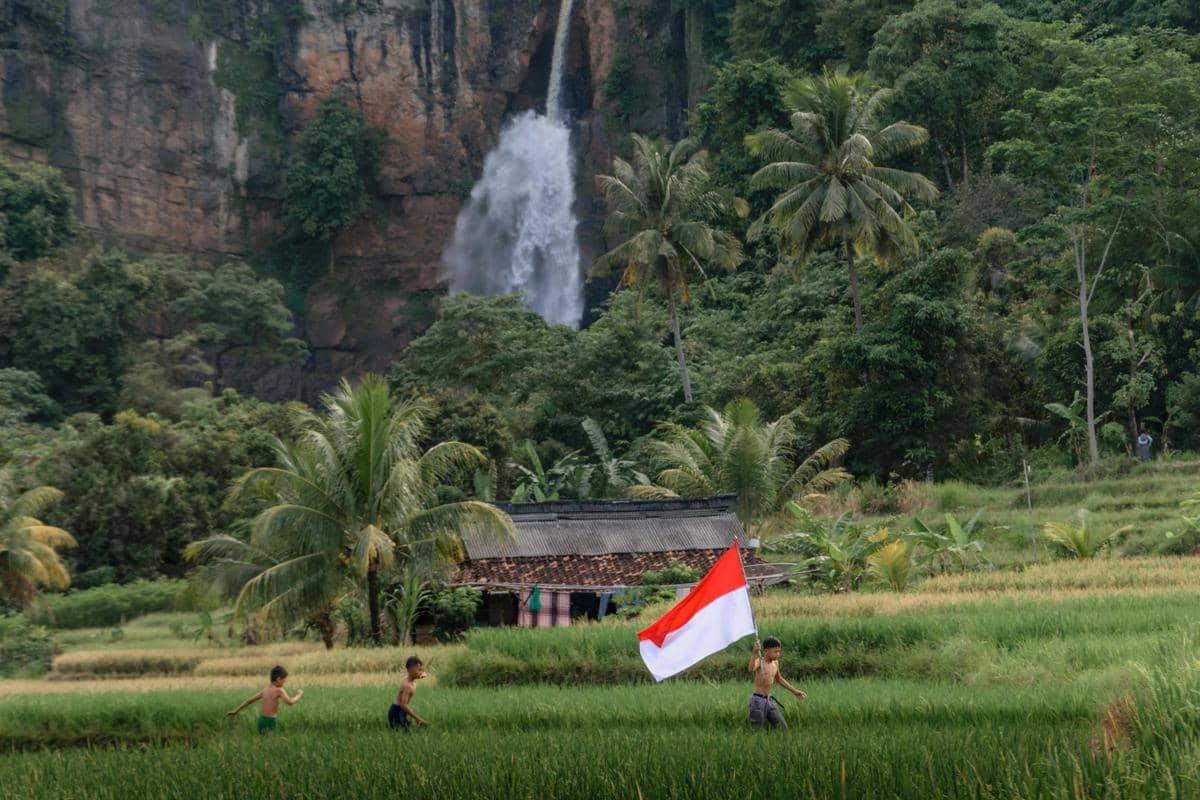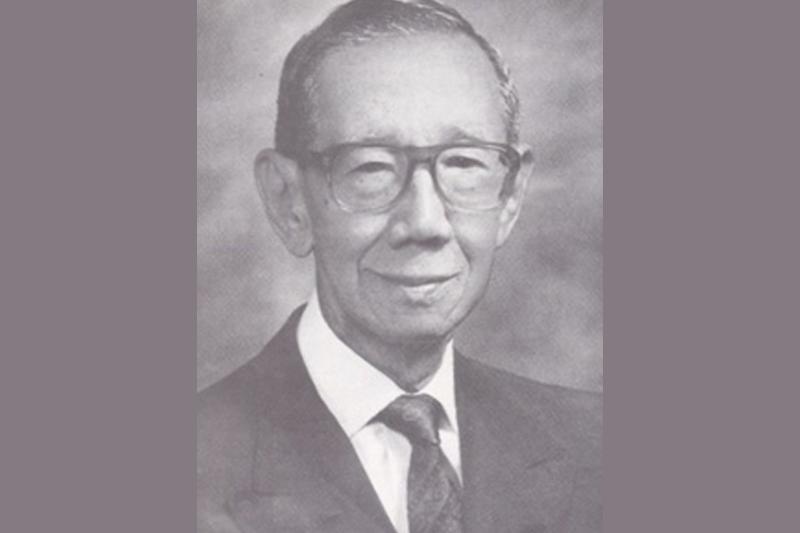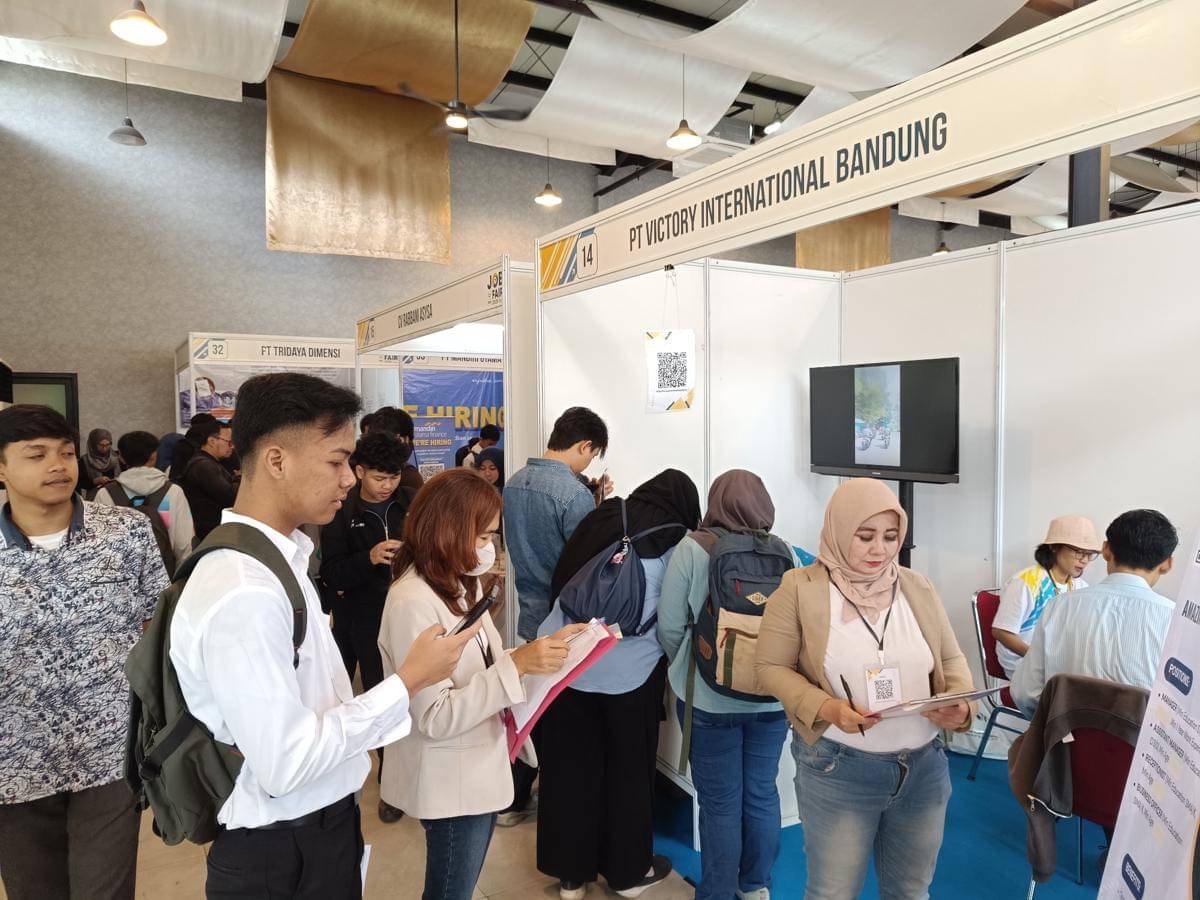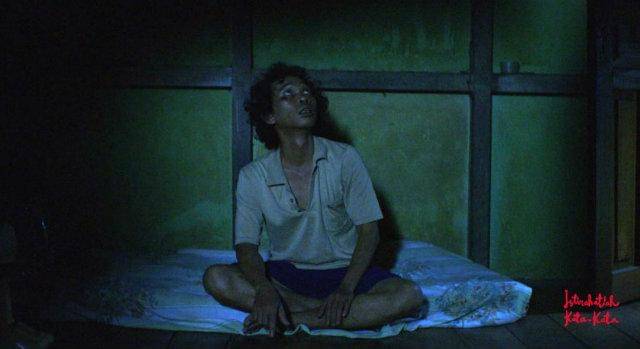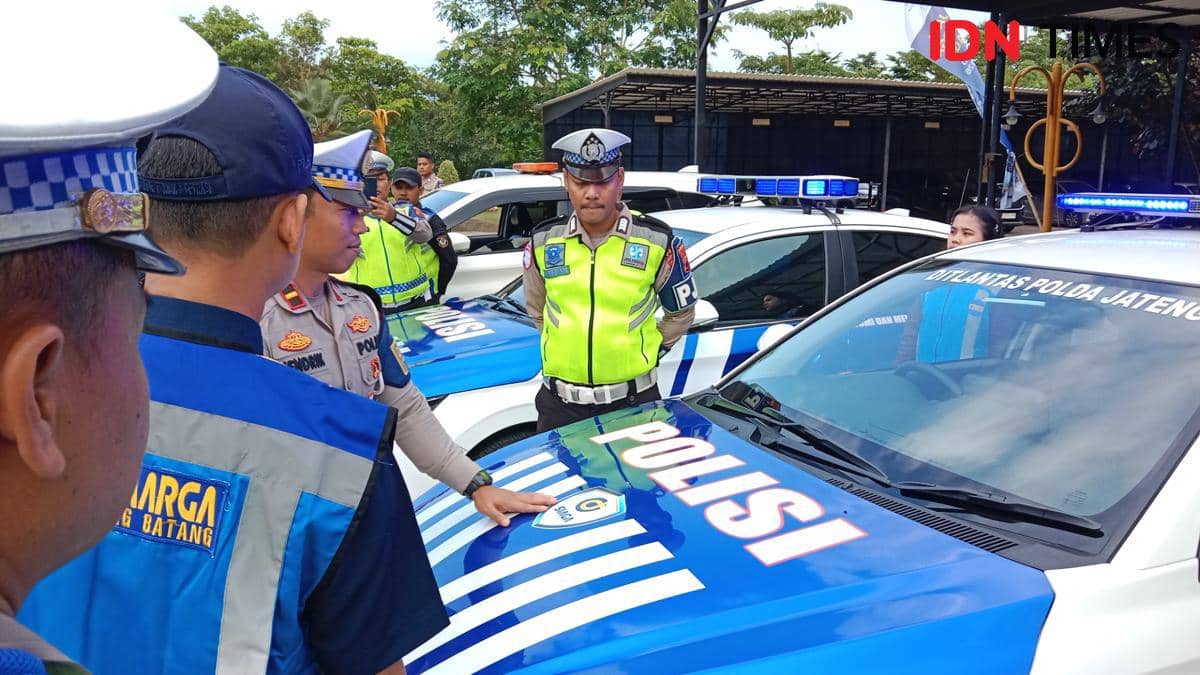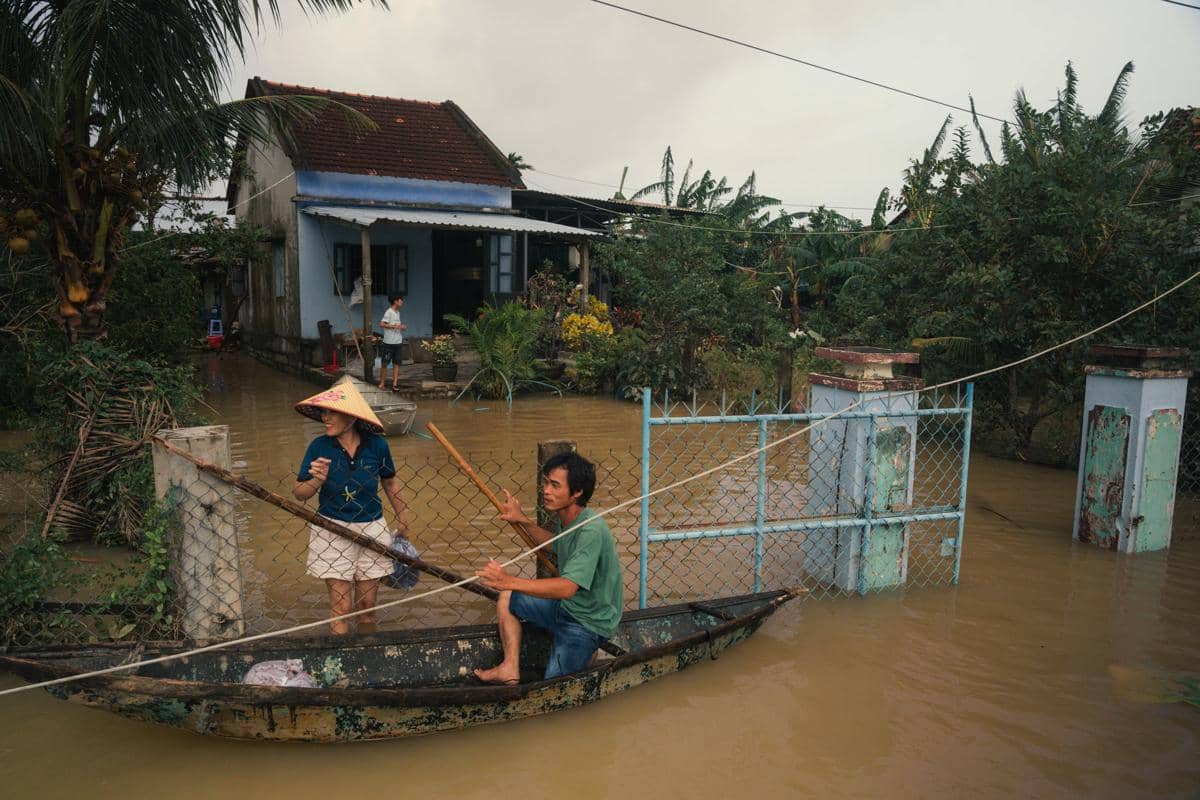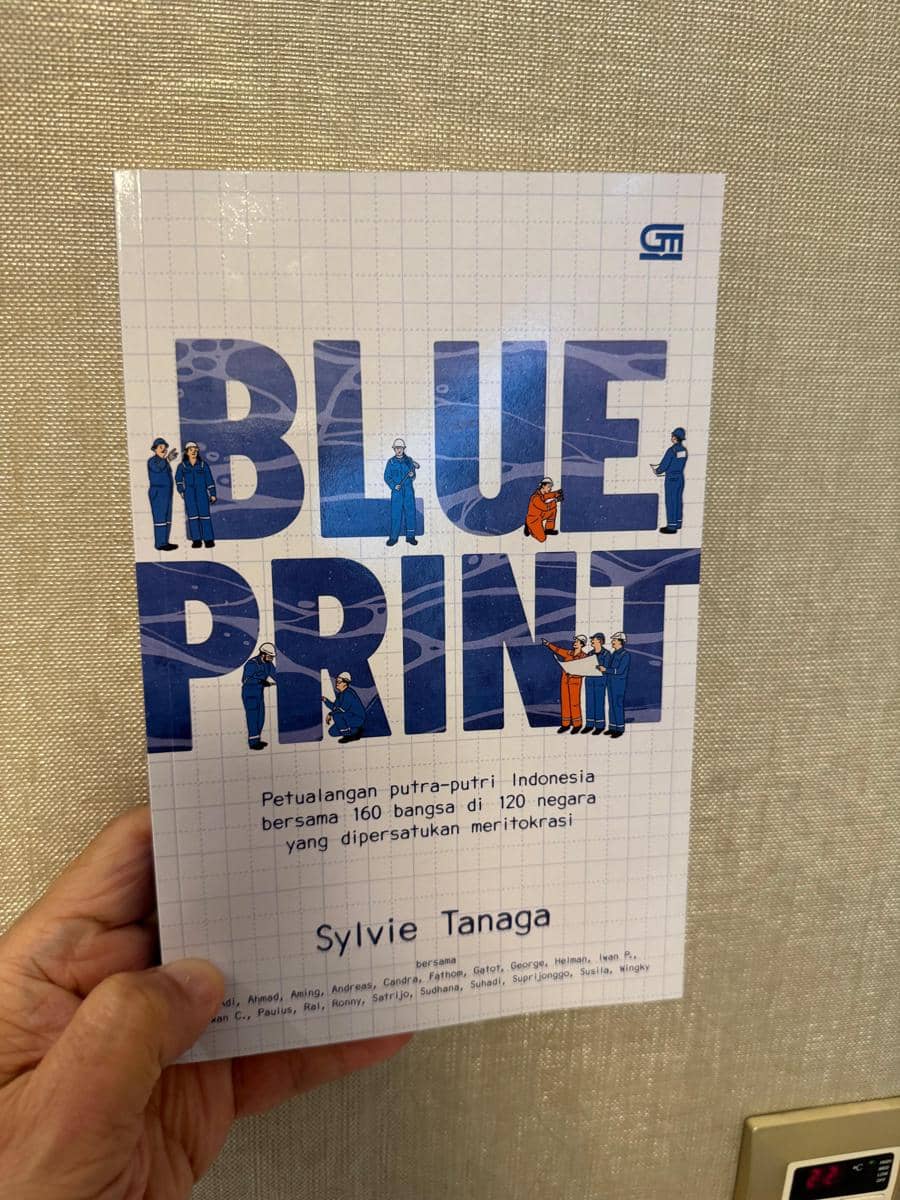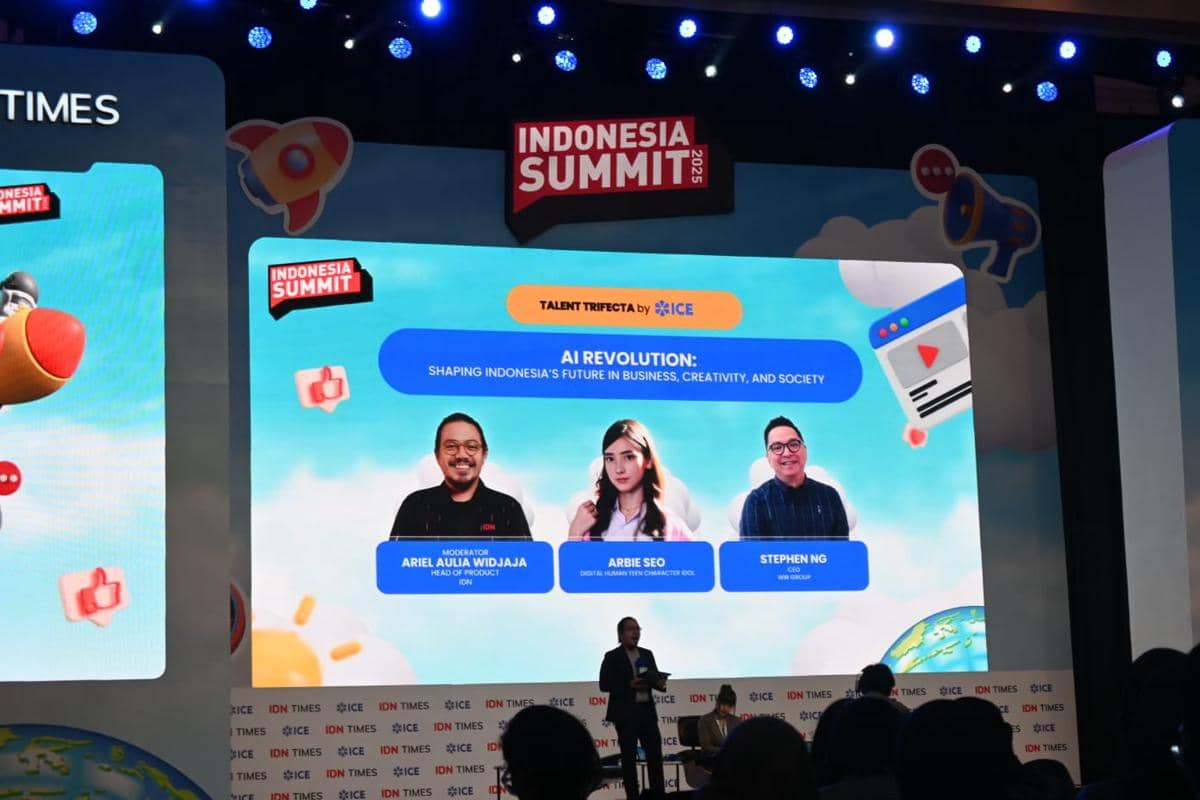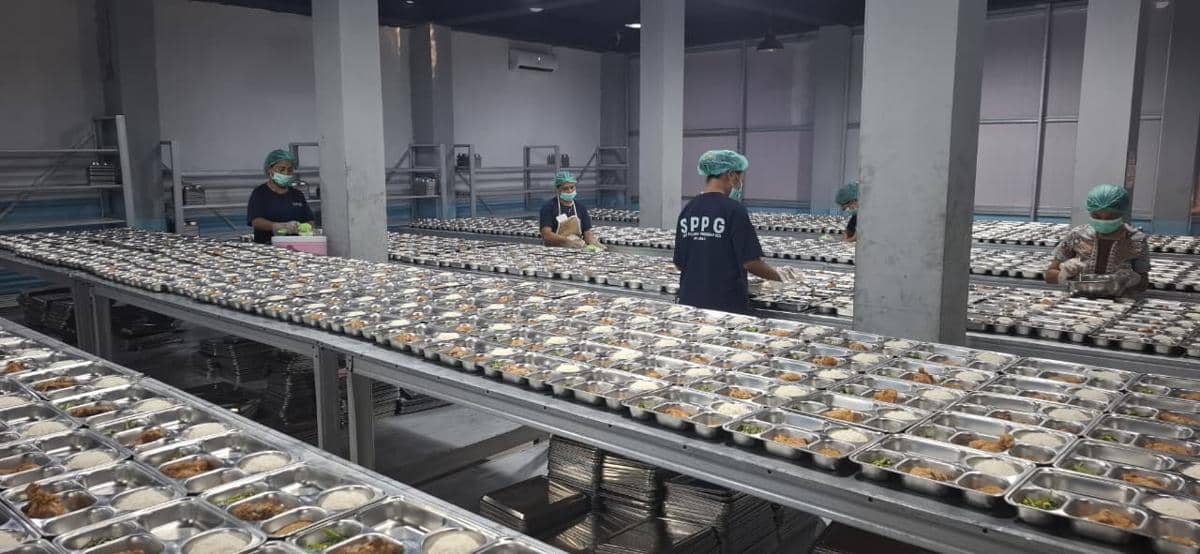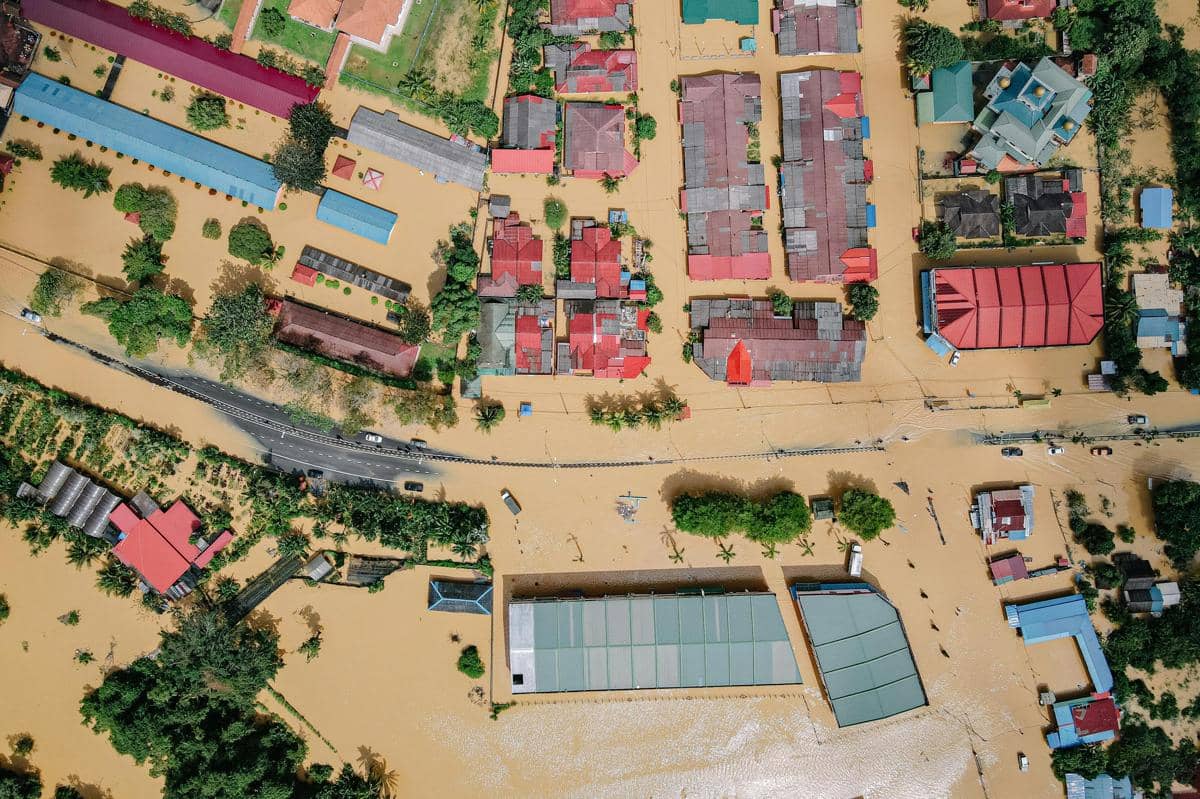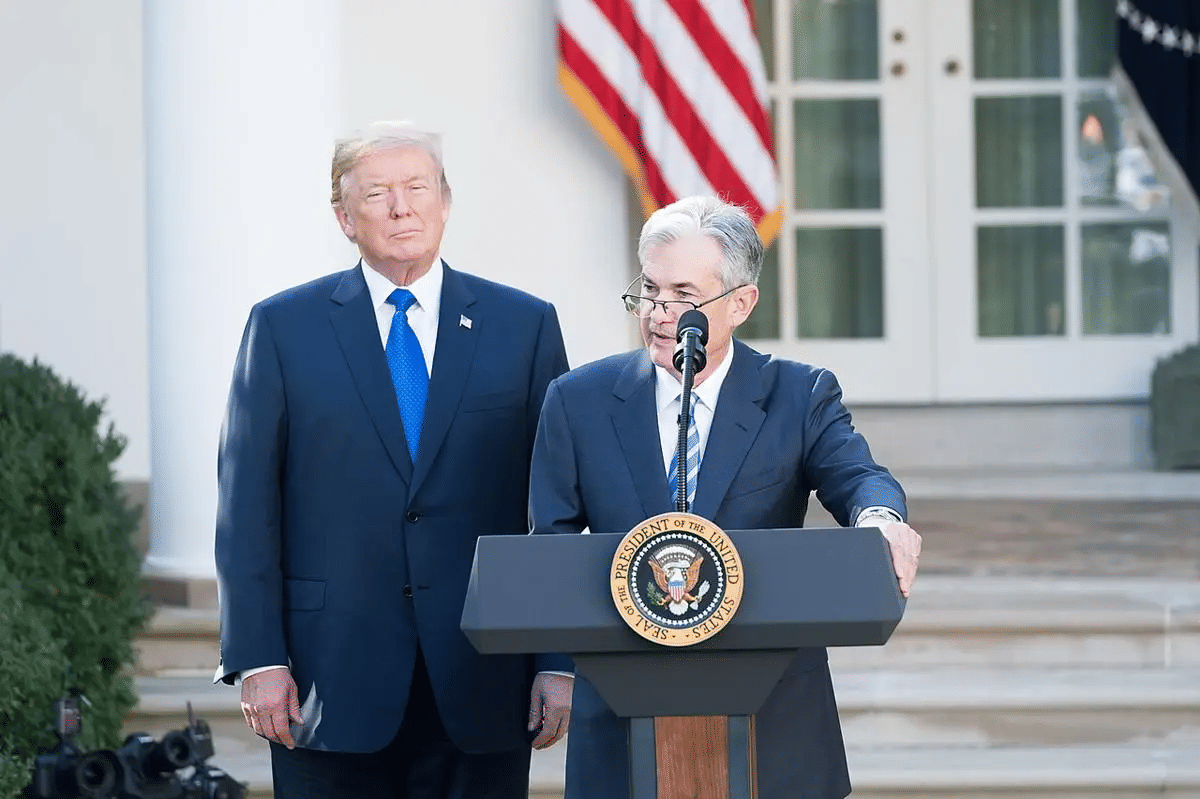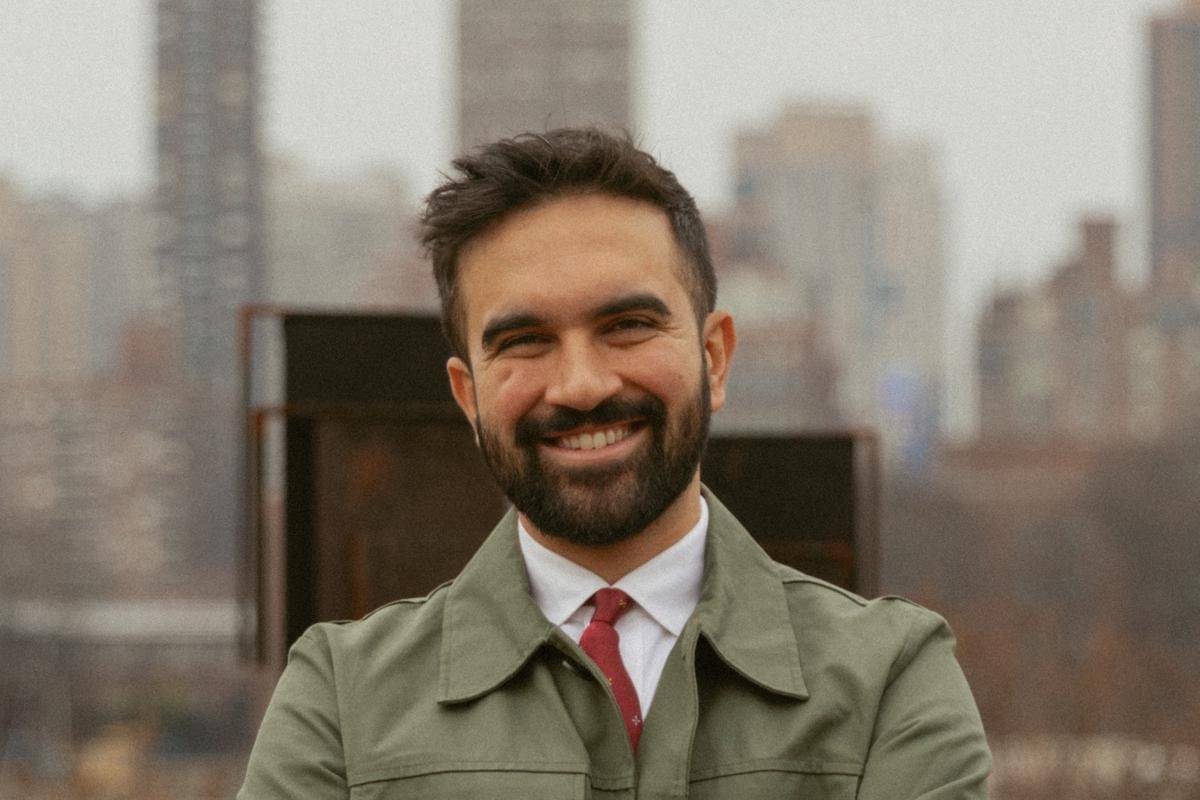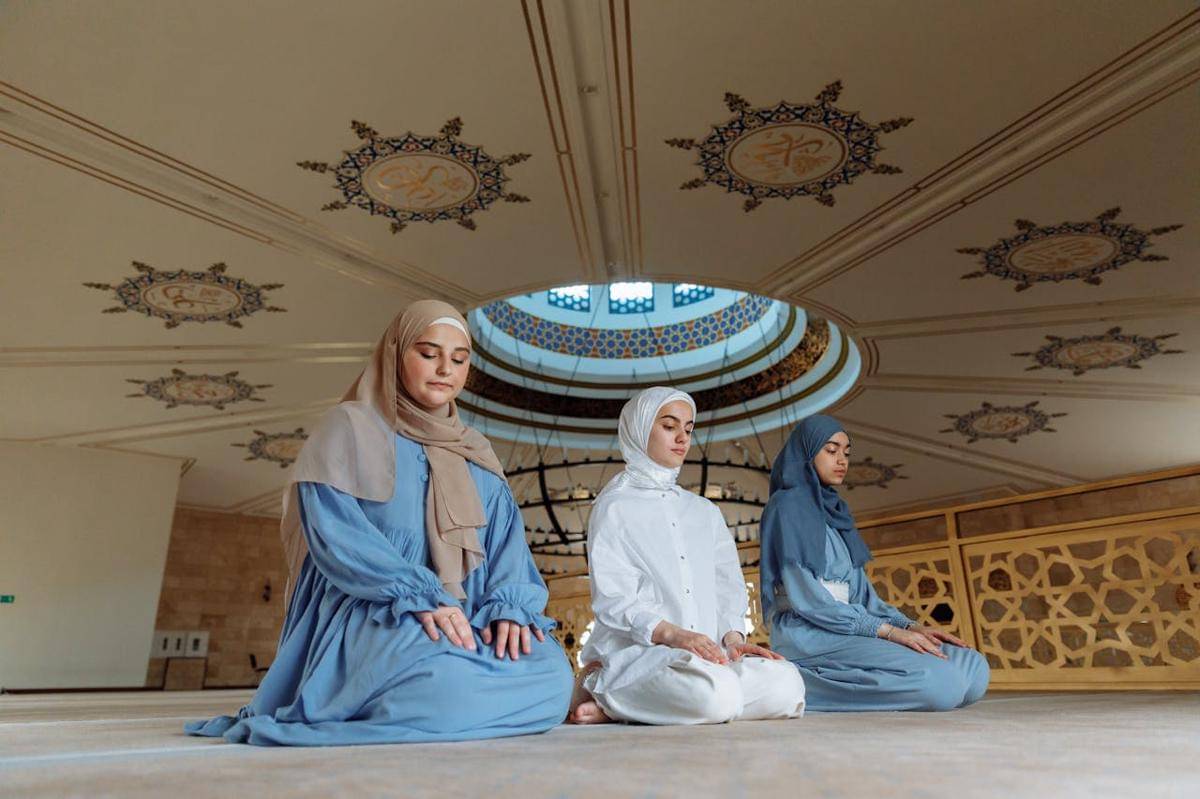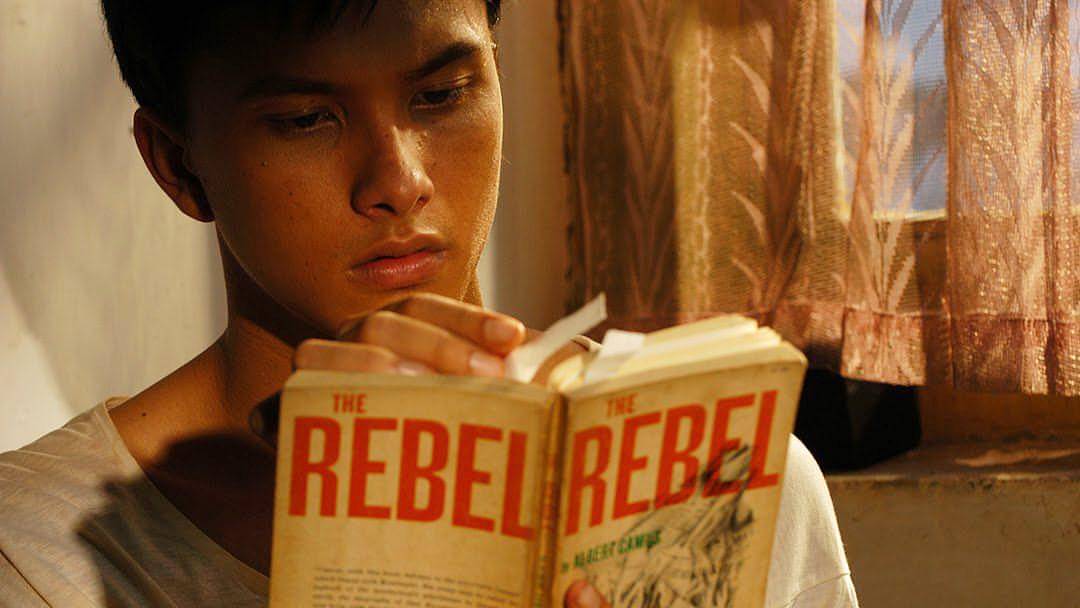- What do you know about Africa's Asian Summit?
- Do you think that the spirit agreed at the African Asian Summit in Bandung, 1955, is still relevant for today's youth, especially for the economic and social well-being of the people of Asia and Africa?
Involvement of Youth for The Relevance of the Bandung Spirit
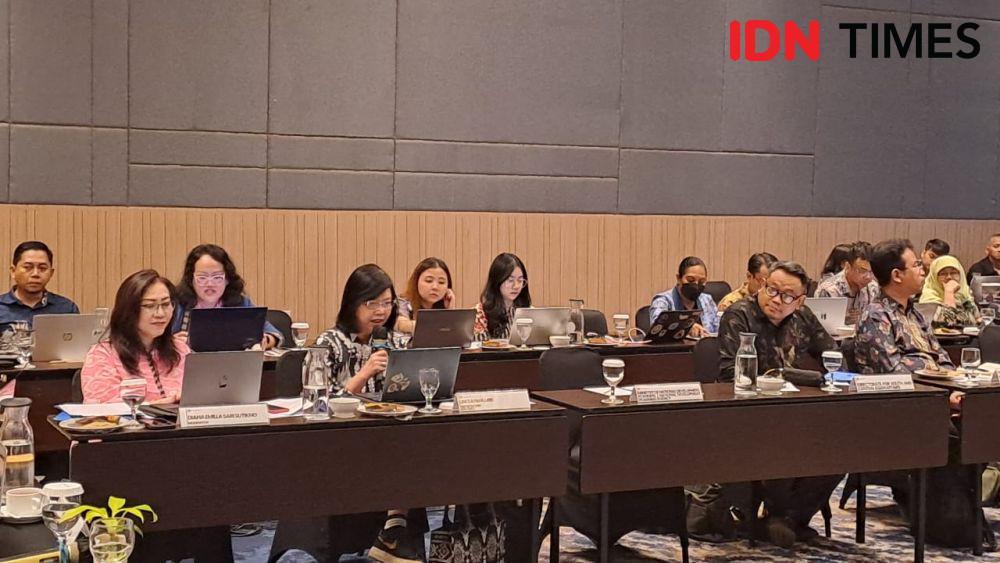
Bandung, IDN Times – IDN Times, is a media targeting millennials readers and gen Z.
Target audience which for almost ten years has been the target of public diplomacy carried out by the Ministry of Foreign Affairs of the Republic of Indonesia under the leadership of Miss Retno Marsudi. Unsurprising, since the Indonesian youth population accounts for over 54 percent of the population.
Public diplomacy not only faces outward, no less important is building an understanding
inwards. Various diplomatic festivals aimed at students and young people were conducted by Kemlu RI. Including collaboration with IDN Times earlier this year, creating quizzes on the theme of public diplomacy. A youth’s favorite format. One quiz can be played by 20,000
readers. Because young people love of information, but they prefer more entertaining
formats. Ten winners of the quiz get a chance to talk and have lunch with Madame Menlu
Retno.
To get a youth’s perspective, for this event, I asked a number of members of the IDN Times
editorial team, not limited to those covering world issues. They are millennials, there's a gen Z too. The only question to answer is two:
For the first question, many of the answers refer to information spread in various sources. For example, Sonya Michaela, our journalist who this year won the Adam Malik Award as the best journalist in coverage of Indonesian public diplomacy, a prestigious award held by
Kemlu RI every year, replied: The Asian African Summit is a conference between the countries of Asia and Africa, the majority of which have just gained independence, one of
them Indonesia, and grew by the ideas of the post-World War II. The first summit was held in the Merdeka Building, Bandung in 1955.
The Asian-African Summit emerged from the commitment of the Asian African countries,
primarily to the elimination of colonization in the region. The result of Africa's Asia Summit
is Dasasila Bandung or Ten Bandung Principles. Debbie Sutrisno, our journalist working at the West Java hyperlocal, in Bandung, replied: The KAA is a conference between a number of countries on the Asian continent and Africa that have recently gained their independence. In the presence of representatives of a number of these independent nations, this activity is one of the purposes of promoting economic and cultural co-operation in Asia-Africa as well as how to map strength to counter the oppression
of Western nations in other countries that are not yet independent in Asia and Africa.
Everyone I asked answered well. In the digital age, it's easy to get information. I'm sure my
question makes them research about KAA and Bandung Spirit. What's more interesting is the answer to the second question. Relevance of results and spirit born from KAA 1955. Bandung Spirit.
Martin Tobing, an IDN Times journalist in Bandar Lampung, replied, "It's still relevant".
Young people who are now identical with the generation of change can represent the AA
Summit, for example, adopting technological and economic advances and developments in the developed countries of Asia and Africa to be applied in the Homeland. Expressing world peace and war conflicts in Asia or Africa through social media and other initiative
movements. In addition, actively engaged in solutions to the global climate change challenge.
Febriana Sintasari, our journalist in Yogyakarta replies that while KAA is still relevant, many
young people do not understand and follow it anymore. While the role of young people is
important to perpetuate the purpose of KAA, to keep the spirit of Bandung. “Young people
must strive to solve the problems that are still inherent in Asian and African countries,
namely poverty, corruption, and lagging behind in economic growth. It is important to
organize the KAA version for young people, as a proof of the millennium generation in Asian African countries is not inferior to competing in terms of adoption of technology and Human resources.”
Irwan Idris, an IDN Times journalist in Makassar, said that the spirit of the Asia-African
Conference is still relevant to the spirits of today, amid global geopolitical conflict that tends to trigger a split of the support bloc between Russia, China, Korea, and its allies with the United States, Britain, and other allies.
"One example of the spirit of the current Asia-Africa Summit is the urge of young people to
build a more conducive world order without war, violence, and hunger. Because, for some
young people, the issue of peace and climate change is far more important to be dealt with jointly by the world community."
Karina Ayu, community writer manager of IDN Times (we have more than 50,000 registered members, young people who love to write, including writing about global issues, red), said, “I think the spirit of KAA is still very relevant to the current situation, especially when it comes to fighting colonization and its close relationship with Human Rights. (HAM). To this day, colonization is still happening in some countries around the world, such as Palestine."
"On top of my mind about the Asia-Africa Summit at the moment is, of course, about the
Israeli colonization of Palestine. Thanks to the widespread flow of information accessible
through the Internet and social media, young people today are highly intelligent and
concerned about human rights issues. News related to the Israeli colonization and genocide committed against Palestine are serious topics discussed by the young generation today. Not only that, human rights and genocide in the Congo are not without the attention of young people today. The issues of peace, human rights, colonization that are the topics of discussion in the KAA are very closely related to the attention of young people.”
And how the KAA is relevant to foreign diplomatic efforts, described by Sonya Michaela,
“because the spirit of the Asian-African Summit itself continues to be fuelled by Indonesian diplomats today, who are increasingly young diplomats, through their daily work and when in dialogue with other countries. They mainly strive to abolish the colonization and support world peace. (for example Palestine, although not in the Asian-African region). Through Spirit Bandung this also makes Indonesia one of the leaders in the region and the global (President of G20 dan ASEAN).”
The answer to those limited survey depicts a youth’s perspective, looking at Dasa Sila, a
product of the deal produced by KAA 1955. The Bandung Spirit. The atmosphere of turmoil
that underpinned the historic meeting colored the Dasa Sila, filled with political and
geopolitical nuances. The ninth Sila, about advancing mutual interests and cooperation, is
less often remembered. In fact, this is the entrance to the theme given to me, "The Bandung Spirit and The Social and Economic Welfare of The People of Asia and Africa".
Although less often discussed, my friends referred to it in the context of “technology
adoption, increased human resources, climate change issues, poverty, economic
backwardness, corruption, hunger.” All these issues are closely related to the economic and social well-being of the people of Asia and Africa, the majority of whom are still in the
category of developing countries, even undeveloped countries. The exceptions may be China, Japan, South Korea, India and Singapore.
President Jokowi historical visit to Africa
I remember the experience of covering the historic visit of the President of RI, Mr. Joko Widodo, to the African continent, 20-25 August 2023. It is the first visit of President Jokowi to the continent of Africa. The president at the same time fulfilled the invitation to attend the BRICS summit held in Johannesburg, South Africa.
"This spirit of Bandung is what I brought to the visit to Africa by strengthening solidarity and cooperation among the countries of the Global South," Jokowi said at the time.
I had the opportunity to interview Foreign Minister Retno specifically on the sidelines of the President';s agenda in Johannesburg. My first question is, why does it seem like a sudden pivot to Africa? Foreign Minister Retno commented that actually in the last nine years, one of Indonesia's foreign policy priorities was the African continent. So a few years ago we had held the Indonesia-Africa Forum, the Indonesia-Africa Infrastructure Forum. These events lack media and public attention.
Menlu Retno said from the development side, Africa is one of the priorities of Indonesian
development cooperation. Why this nine-year focus on Africa, the reason is clear. We've been with Africa since the 1955 AA summit, so in terms of political bonding, it's very strong. Then if we go to Africa, Indonesia is very well known, especially our founding father. But as we look at the workbook, there's still a lot of holes. Usually, if we have a close relationship between countries, we use it to strengthen cooperation in other fields. So in order that the President visits Africa, this is the first visit of the President of RI, the first purpose, to revive Bandung Spirit. Second, not just for glorifying Bandung Spirit, but more in economic cooperation, with a win-win spirit.
I saw and covered the President''s visit to four countries in Africa, there was some
cooperation. They needed our expertise in renewable energy extraction, they need our Crude Palm Oils. Our trade cooperation with most African countries, surplus, one of the benefit coming from palm oil due to high demand in the industry in African countries. We're also expanding exports of soap, apparel, footware, and not just exports, but our noodle company is everywhere. (In 2019 I visited a soap factory and noodle factory owned by an Indonesian Company, in Addis Ababa, Ethiopia). At the time I got information, Indonesian noodle and soap products were very popular in African countries. Requests to open the factory are coming.
Indonesian entrepreneurs also relocate textile and garment industries. Africa has a Free Trade agreement facility with the United States, for example. Indonesian clothing and textile products can enter the US market through factories in Africa. For example, the one signed in Nairobi, Kenya. Pertamina and PLN, both are state owned companies, also signed investment cooperation in the new and renewable energy sectors, as well as the construction of power plants.
Even in Johannesburg, one of the largest cities in Africa, power outages are frequent. Here we see the spirit, how these developing nations strengthen each other. However, there is problems need to be addressed. In trade, one of the obstacles is the tariffs imposed on Indonesian products, quite high. Therefore, the president's message from the first to the last country visit is that it is necessary to make a preferential tariff agreement. If you want to make a more comprehensive one, such as CEPA let’s do it. In the field of investment there is a lot of interest especially for mines, renewable energy, mining and so on. A lot of interest, some have already played here, but Indonesia also hopes, if we invest we need some protection. Then we need a bilateral investment treaty. (BIT). Menlu. Retno said, the presiden's message is the same. In Kenya, the two presidents agreed to a quick negotiation, hopefully next year (2024) we already have a BIT, because the template already exists. It's his political commitment.
During President Jokowi';s visit, the Kenyan government unilaterally announced visa-free
visits for holders of Indonesian passports. In Mozambique, President Jokowi was welcomed and became the guest of honor of the Cultural Festival, which involves 11 provinces in the country. A special welcome, involving elements of local culture in diplomacy with Indonesia. The Minister for Maritime Coordination and Investment, Luhut Binsar Pandjaitan, who before the President's visit to Africa, twice visited the country, including the Congo, told how the government of the country he visited was enthusiastic about economic cooperation with Indonesia. The long-established personal ties between the political and economic elites play an important role, launching cooperation agreements.
"I feel that developing countries should not be dictated by advanced countries, we must make a balance. With all the countries and groups we're all good. But with African why isn’t there? Africa's the future continent. There's a lot of people, there's potential. We can import mear from Kenya, for example, the United Arab Emirates imports meat from here. It's halal. All this time we imported from Australia. With alternatives, meat prices in our country could go down" Menko Luhut said during my interview.
So, the spirit that emerged in that visit was very high. Both from the government and the
delegation of entrepreneurs and BUMN coming. The problem is the certainty and protection of Indonesian investments and economic interests there. I see, it';s simple but important in business. Exactly in time for the meeting. Average appointments with the host country are late at least one hour, some even up to three hours, while the appointments are with Menko Luhut. Senior Minister. Even President Jokowi had a long wait in the hotel lobby, because suddenly the Kenyan President's event changed. This is
my observation. Likewise, the spirit of Indonesia brings Bandung Spirit high. During a Speech at the United Nations General Assembly, New York, in September 2023. Foreign Minister Retno reiterated Indonesia's stance.
Ibu Retno at least repeated the word Bandung 6 times in her speech. He said that Bandung
Spirit was Indonesia's inspiration when it became the 2022 G20 President and 2023 ASEAN Chair. That spirit is also carried by President Jokowi Widodo when visiting Africa.
"The world now is at a strategic crossroad. Global solidarity and collective responsibility are the only answer to address trust deficit and global inequality," said Minister Retno Marsudi before UN GA.
The call was taken from the core message of the Asian-African Conference held in 1955.
Through the 10 Bandung Principles, Indonesia called on all countries to respect human
rights, the UN Charter, sovereignty and territorial integrity, equality, resolve conflicts
peacefully, and encourage increased cooperation and mutual interests. The spirit of Bandung is what drives Indonesia to become a country that can listen and is always part of the solution.
"For Indonesia, global leadership should not only be about power or about the influence to
dictate others. Instead, global leadership should be about listening to others, building bridges, respecting international laws consistently and put all nations equally," she
added.
Once again Retno said that as happened in 1955, the current global situation is uncertain:
trust and solidarity continue to erode, rivalry between countries continues to sharpen. This
has even prevented the fulfillment of SDGs targets in developing countries. In response to this situation, she further asked: "The question is, do we really have the commitment to rebuild trust, to reignite global solidarity, to attain the SDGs target together? Will our presence today at the UNGA really bring commitment and show readiness towards a
global unity and collective responsibility? Or are we going to walk the talk?
Against this backdrop, she offered three strategies to rebuild trust and reignite global
solidarity:
First, forging collective global leadership.
Second, advocating development for all.
Third, reinforcing regional cooperation.
"Regional institutions should be net contributors and building blocks for global peace and
prosperity," explained Retno.
We can find Ibu Retno full remarks on Ministry of Foreign Affairs Website.
Not dictating to each other and being willing to listen to each other, in my opinion, is a good diplomatic attitude, which Indonesia shows.
Policy Reccomendation
The Bandung Summit of 1955 marked a significant moment in history, as nations from Asia and Africa came together to assert their independence, sovereignty, and solidarity.
The Bandung Spirit, encapsulated by principles of mutual respect, non-intereference, and peaceful coexistence, continues to resonate today. In light of the contemporary global landscape, where socio-economic cooperation is pivotal for sustainable development, it is imperative to harness the Bandung Spirit to promote collaboration between Asia and Africa.
Policy reccomendations aimed as fostering socio-economic cooperation between these two continents, grounded in principles of solidarity and mutual benefit, included: Bilateral Trade and Investment Agreements, Enhance Connectivity Infrastructure included Digital
Infrastructure, Promotion of People-to-People Exchange Programs, Investment in Human
Capital Development, Support the Development of Small and Medium Enterprises,
Multilateral Cooperation and South-South Partnerships. In conclusission, fostering socio-economic cooperation between Asia and Africa requires a concerted effort to embrace the principles of solidarity, mutual benefit, and shared prosperity embodied in the Bandung Spirit. The Policy reccomendations outlined, aim to provide a roadmap for policymakers to promote collaboration between the two continents, leveraging their perspective strengths and aspirations for a better future. By working together, Asia and Africa can unlock new pathways to inclusive and sustainable development, advancing the aspirations of the peoples and contributing to a more prosperous world.
We can start the process by involving youth, the future of both continents. If we look back,
even the title of President Sukarno remarks on the opening of Asia Africa Summit, in
Bandung, 1955, still relevant : Let a New Asia and Afica be Born. Bandung Spirit Reborn.
*Presented at the event of Foreign Policy Circle’s Talk, The Enduring Legacy of The
Bandung Spirit: Its Present Significance and Future Relevance (7 th May 2024). The event held by Foreign Policy Strategy Agency (BSKLN), Kemlu RI.



























